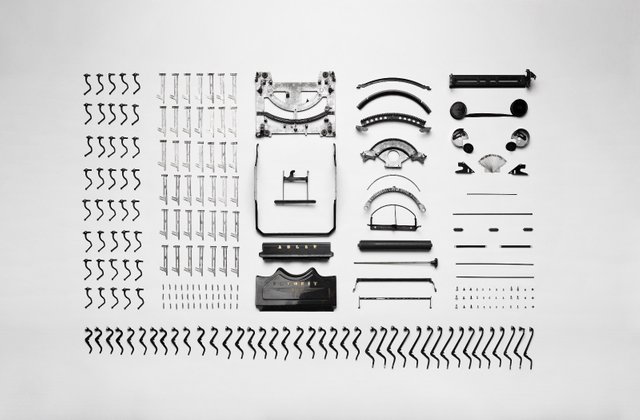Why the Unlearning Habit Will Change Your Life Forever
What is it? Why should you adopt it? How do you do it?

Photo by Florian Klauer on Unsplash
As the author of the amazing Essential Habits, I like to think of myself as a bit of a habits expert. I'm not at the level of James Clear, Charles Duhigg, or even Gretchen Rubin, but I spent two years reviewing and culling through non-fiction books, articles, podcasts, audiobooks, courses, and more to come up with the best habits in areas of work, exercising, food, morning routines, sleep, and other areas.
I don't say this to impress you, only to let you know that there is one habit I recently discovered that I believe everyone can and should adopt.
That habit? The unlearning habit.
What?
The unlearning habit is a habit of taking the things that you think you know and then testing your knowledge to see if it is still true today. For example, I thought intermittent fasting had a significant impact on weight when I was researching my book - but I later found out a study that suggested that intermittent fasting has no impact on weight.
I also used to believe that working from home is more efficient than going to the office to work because you save the commute, water cooler talk, finding parking, having to share niceties with your boss, etc. I still think it is more efficient, but I am also finding that it is not all great - there's Zoom fatigue, challenges in separating work/life, and there's a lack of random collisions and social chats with colleagues.
Why?
The unlearning habit is important because we all get into these 'ruts' where we know what to do and how to do it. We are past the exploratory phase.
When we have driven to work for years, we know the route inside out. We know the best route, as outlined by Google Maps. We know exactly where to park. We know how to skip different traffic lights through back routes. We know we have already tried different routes, tested each of them, and then landed on the 'best'.
But routes change. New roads are paved that may shave minutes off your commute. New parking lots may be created that offer cheaper rates or safer areas.
The commute is just an example - there are likely things that you discovered, by chance, that are significantly better than what you know. A new restaurant. A new process at work. A new software tool or app. If you stick with the old ways, you may never discover anything new or better.
How?
The unlearning habit involves three steps:
- Identify what you know
- Go back to the 'exploratory' phase of what you know and test out different options
- Confirm whether what you know is still true or if you should change
Obviously, humans have routines for a reason. If every single day, you tried out a new coffee to find the 'best' coffee, you will spend all of your time in the exploratory phase and never doing any of the work after. Routines are pathways or steps that we have ingrained in our lives where we don't have to think about what to do next. We grab our coffee and then get to work.
Here is what I suggest: use the 80–20 rule to guide your unlearning habit. 80% of the time, follow your routine. Get the coffee you always get. Take the commute you identified as best. But then 20% of the time, do something different. For example, on Friday, use that as a day to experiment. Try a new commute to work. Or order a different coffee from your care(or go to a new cafe). Maybe you will hate whatever new thing you order. Maybe your commute will be awful. That's okay! On the other side of the coin, maybe you will discover a new route to work that gets you there in record time. Or you try out a new coffee that tastes great, gives you fewer jitters, and is less expensive.
The unlearning habit is one habit that I am adopting for 2021.
Hat tip to Derek Sivers for this fantastic idea from his book Hell Yeah or No.